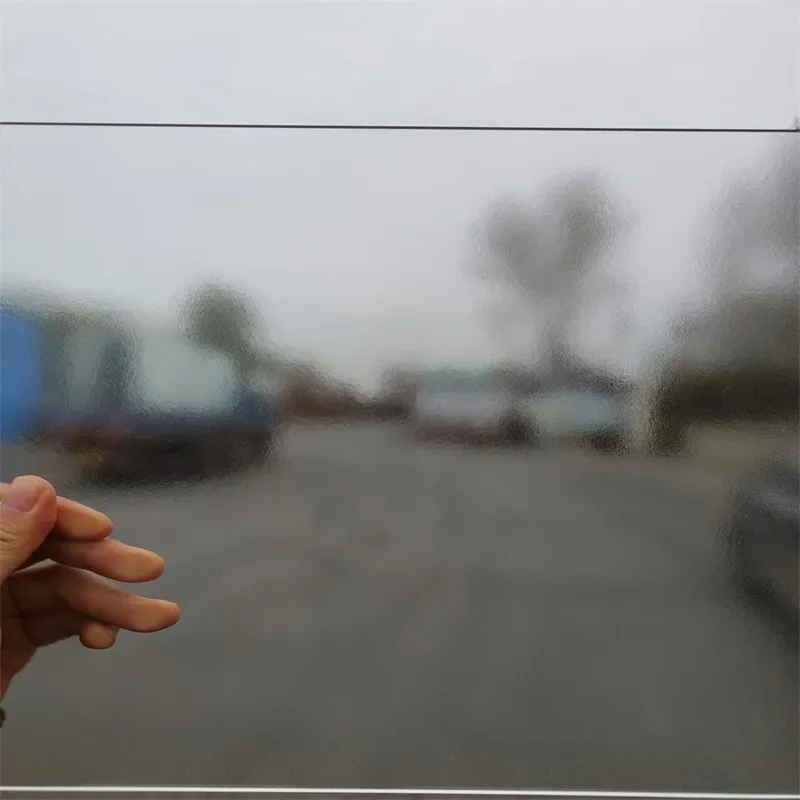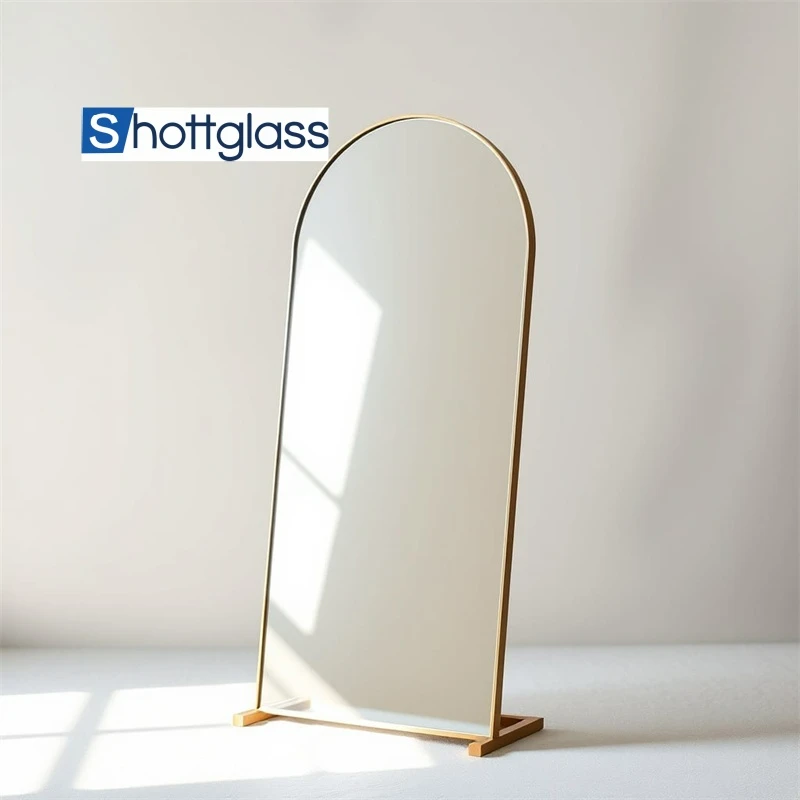Sep . 11, 2024 07:26 Back to list
Tempered Laminated Glass Specifications - Enhance Safety and Strength
Tempered Laminated Glass Specification An Overview
Tempered laminated glass is a critical component in modern architecture and construction, offering enhanced safety, durability, and aesthetic appeal. The process of tempering involves heating glass to high temperatures and then cooling it rapidly, which strengthens the glass and increases its resistance to impacts and thermal stress. When laminated, the glass is bonded with a layer of polyvinyl butyral (PVB) or other interlayers, providing additional protection and functionality. This article explores the specifications, benefits, and applications of tempered laminated glass.
Composition and Manufacturing Process
Tempered laminated glass is typically produced using two main processes tempering and lamination. The glass sheets are first cut to specific sizes and then subjected to a tempering process, where they are heated to approximately 620°C (1150°F) and then rapidly cooled. This fast cooling process creates compressive stresses on the surface, making the glass significantly stronger than standard glass.
After tempering, the glass sheets are laminated together with an interlayer, usually made of PVB. This interlayer enhances the glass's structural integrity and provides a clear, protective barrier that holds the fragments of glass together in case of breakage, preventing them from shattering and posing safety risks.
Key Specifications
1. Safety Standards Tempered laminated glass must meet various safety standards defined by organizations such as ASTM International, ANSI, and the International Building Code (IBC). These standards ensure that the glass can withstand specific impact levels and thermal stresses.
2. Thickness The thickness of tempered laminated glass usually ranges from 6 mm to 25 mm, depending on the application. Thicker glass can provide better strength and insulation but may also increase weight and cost.
3. Interlayer Types The type of interlayer used can vary based on the desired properties of the laminated glass. PVB is the most common and is effective in absorbing sound as well as providing UV protection. Other options include ethylene-vinyl acetate (EVA) and polycarbonate, each offering unique benefits.
4. Optical Clarity High-quality tempered laminated glass boasts excellent optical clarity and minimal distortion, making it suitable for various applications, including storefronts, facades, and skylights.
tempered laminated glass specification

Benefits
The primary advantages of using tempered laminated glass include
- Enhanced Safety The combination of tempering and lamination makes this glass exceptionally safe. In the event of breakage, the glass fragments adhere to the interlayer, reducing the risk of injury.
- Noise Reduction The laminated interlayer provides excellent acoustic insulation, making it ideal for structures located in noisy environments.
- UV Protection Laminated glass blocks up to 99% of harmful UV rays, protecting interiors from fading and sun damage.
- Energy Efficiency Tempered laminated glass can contribute to a building's energy efficiency, thanks to its insulating properties.
Applications
Tempered laminated glass is widely used in a variety of applications, including
- Commercial Buildings Office buildings, shopping centers, and public facilities. - Residential Architecture Windows, doors, and balcony railings. - Automotive Industry Windshields and other vehicle glass components. - Safety Glass Swimming pools, shower enclosures, and façades.
In conclusion, tempered laminated glass is an innovative material with numerous specifications tailored to meet diverse needs in construction and design. Its safety features, aesthetic versatility, and energy efficiency make it a valuable choice for architects and builders worldwide.
-
Types of Reflective Glass
NewsNov.17,2025
-
What Is Dichroic Glass?
NewsNov.17,2025
-
Smart LED mirrors can have touch controls
NewsNov.17,2025
-
Laminated glass improves energy efficiency
NewsNov.17,2025
-
Insulated glass enhances building comfort
NewsNov.17,2025
-
Acid etched glass offers elegant privacy
NewsNov.17,2025
Related PRODUCTS














